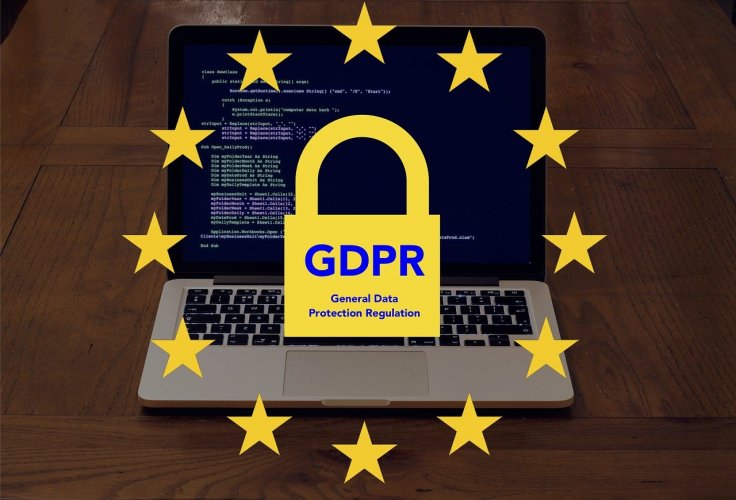Video Conferencing Company Zoom has agreed to pay $85 million to settle a privacy lawsuit in the US claiming it violated users' privacy rights by sharing personal data with Facebook, Google, and LinkedIn.
The lawsuit, filed in March 2020 in the US District Court in the Northern District of California, accused the video conferencing giant of enabling "Zoombombing" incidents in the US.
What are the Provisions Under the Settlement?
Subscribers in the proposed class action suit would be eligible for 15 percent refunds on their core subscriptions or $25 whichever is larger. Others could receive up to $15 too.
Zoom customers would be eligible for a refund if they opened their account with the company between March 30, 2016, and July 30, 2021, the settlement states. It excludes government workers, judges and their staff as well as individuals who were using an account created on their behalf by their employer.
The settlement requires approval from US District Judge Lucy Koh in San Jose, California, to be finalized.
What is Zoombombing?
Zoombombing is where outsiders hijack Zoom meetings and display pornography, use racist language or post other disturbing content. It is a term coined by TechCrunch last year as Zoom's usage exploded because of the pandemic.
Lawsuit Accuses Zoom of Sharing Personal User Data with Third Parties
Along with Zoombombing, the lawsuit also mentions security issues related to the service's sharing of personal data with third party companies. Zoom was found to be secretly sharing data with platforms such as Facebook, Google and LinkedIn last year. The complaint blamed the technology company for incidents on its platform, claiming that lax security failed to stop the attacks.

Zoom Had Come Under Fire for Privacy Violations
Zoom is a go-to service for many professionals, teachers, students and governments to hold meetings. It has become a household name. But the app, since last several months was condemned for various reasons. A lot of users had complained that Zoom is showing them pornographic content in the middle of a meeting.
Some people have reported seeing hate images or threatening language during video conferences on Zoom. The app received flak for stealing user data. Zoom's iOS app had been found to be sending data to Facebook even if one doesn't have a Facebook account.
Users have realized that their calls can be easily be hacked. Anyone can bomb a public Zoom meeting if they know the meeting number. They can gatecrash a video conference and intrude into the audio of a call. The hosts can mute or expel trouble-makers but they can come right back with new user ids. However, Zoom has declined all the allegations and said privacy and security of our users are top priorities for Zoom.

The Connection of Zoom with China
The San Jose-based company was not only slammed for the security issues but also its association with the CCP. The company, in 2020 had shut the accounts of Chinese activists based in the US after they held a meeting on the platform to commemorate the Tiananmen Square crackdown.
The activists had spoken against China. The group named 'Humanitarian China' had more than 250 people on a video call. The speakers included mothers of students killed at Tiananmen Square. Reports say that China is against such public discussions and hence Zoom's owners banned the accounts at China's behest. Its ties with China had come under scrutiny and revealed how the app helps China curb dissent.
The app was also accused of routing calls via China. Its owners admitted that they allowed calls to flow through two Chinese data centers 'by mistake'.









